The impact of fashion and fast-fashion on the environment is immense. Indeed, every year, the French throw away an average of 12 kg of clothes. The sector has doubled its production over the last 15 years. But recently there has been a growing interest in a more ethical production model.
In recent years the fashion world has become increasingly aware of the ecological impact it can have and some brands are practising eco-friendly fashion.
However, contrary to what one might think, luxury and upcycling can unite and complement each other. Nahuel Clothes has successfully met this challenge.
Why choose upcycling ?
Upcycling is clean, fashionable, healthy and environmentally friendly. The word upcycling is an Anglo-Saxon expression attributed to Reiner Pilz, a former mechanical engineer who became an interior designer in the mid-90s. The concept was later developed by architect William McDonough and chemist Michael Braungart, who detailed it in their 2002 book Cradle to Cradle : “Remaking the Way We Make Things.”
Upcycling is the use of objects and materials that are destined to be discarded and reintroduce them into the consumer chain, having given them a different value, use and purpose from their original one.
This recycling action is part of a broader desire for sustainable development. The prefix “up” means that upcycling is not only recycling, but recycling by giving value to the original piece. The new garments created are thus each time unique pieces whose style and functionality have evolved.
As you will have understood, choosing upcycling is above all a beneficial choice for our planet: by reusing a product, a material or a garment rather than throwing it away, we reduce our waste and thus contribute to the fight against waste.
Upcycling a garment is part of a circular economy approach aimed at slowing down the production of new consumer goods with a heavy environmental impact. This means less pesticides (for cotton cultivation, for example), fewer chemicals and lower CO2 emissions.
In addition, there are savings in water, raw materials and energy used in the production process, as well as in the transport and storage of goods.
While traditional recycling often requires large amounts of water, energy and chemicals (a paradoxically polluting process), upcycling has a much lower carbon footprint because the existing raw material is reused and only marginally changed.
Opting for upcycling means putting sense back into the way you consume, avoiding the destruction of an unused finished or semi-finished product.
The second reason to choose to buy Nahuel Clothes is the guarantee of having a unique, original and limited quantity garment: these are pieces that you won’t see on everyone!
Finally, upcycling allows to revive the creativity of the designers : indeed, contrary to what one can think, upcycling is a constraint for the designer. It is impossible for him to anticipate the quantity, colour and nature of the textile with which he will be able to create pieces.
So he cannot think about the pattern or even the type of garment he will design. Between a crop top and a trench coat, there are a few variables to adjust.
On the other hand, he doesn’t have to choose the tone of his next collections two years in advance or manage/burn/bury an overproduction stock. This saves time because the resources are immediately available.
Luxury, a safe bet
According to a study by IFOP (French Institute of Public Opinion) carried out for the Comité Colbert, luxury is a sector that is still as desirable as ever. Indeed, for its customers, luxury is now, more than ever, a safe bet.
Although the health crisis has forced a majority of them to modify their consumption habits (deferred purchases, online shopping, etc.), it has not reduced its appeal. On the contrary, luxury has become even more desirable during this period.
Beyond its hedonistic dimension, luxury is also a way of securing one’s future for some: 85% of customers define it “as an investment for the future”. This explains why some of them buy luxury products to resell them. This is the case for 39% of respondents in the United States, 23% in China and 20% in France.
Moreover, the quality of the know-how of French luxury professionals is unanimously recognised. In this perspective, “Made in France” is a sought-after signature. And, above all, a guarantee: for 84% of those questioned, “luxury products made in France are of superior quality”.
This know-how is based both on the history of its big names and its major brands and on the reputation of its small independent designers and craftsmen.
Among the many challenges facing French luxury in the post-covid world, the responsible commitment of luxury actors is a major challenge that French luxury must face today.
Because, for its regular customers, luxury has a pioneering role to play on these subjects. In fact, in the context of the global ecological crisis, for 85% of the clients surveyed in the three countries, the luxury sector must set an example (production methods, fight against waste, etc.).
The interest in ecological and responsible luxury products is real and can be found everywhere. When asked to describe the two main characteristics of French luxury over the next five years, 37% of Chinese people cite the word “responsibility” first, before innovation (29%) or excellence (26%).
Thus, to create its pieces, Nahuel Clothes uses end-of-rolls not used by the major luxury houses.
Each piece can only be produced in small quantities and according to the fabrics available. The designer is also keen to use quality fabrics, such as mohair, wool and cotton. Nothing is lost, everything is transformed !
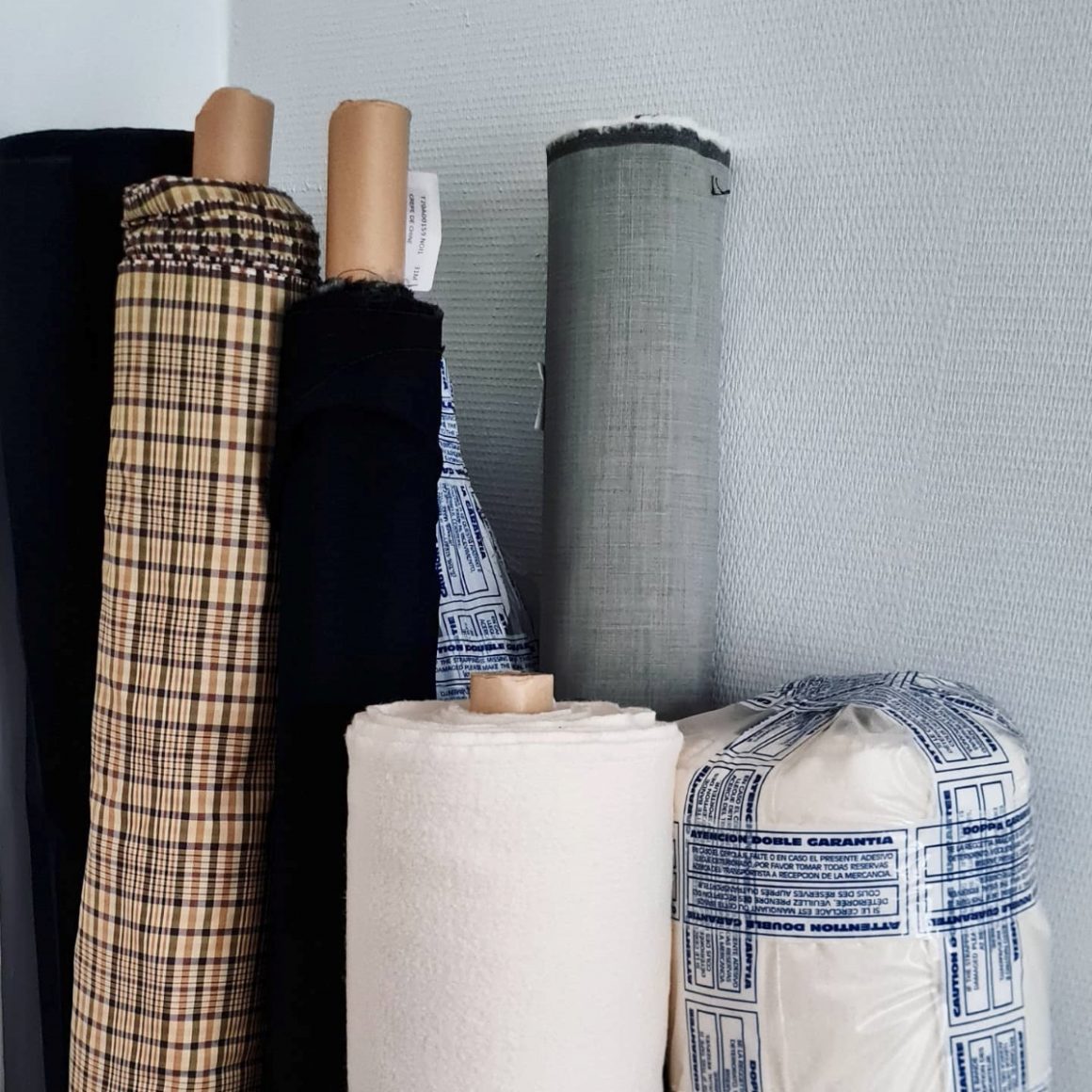

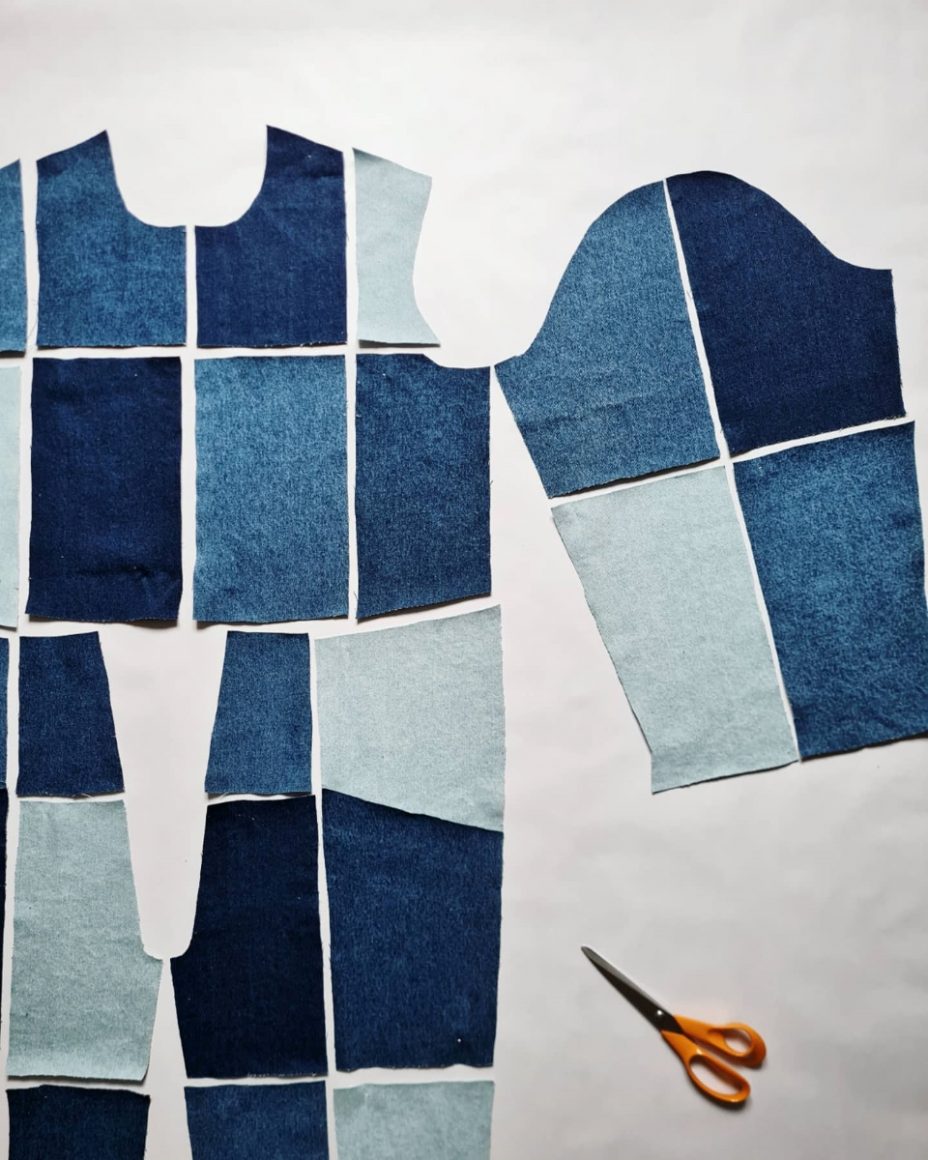
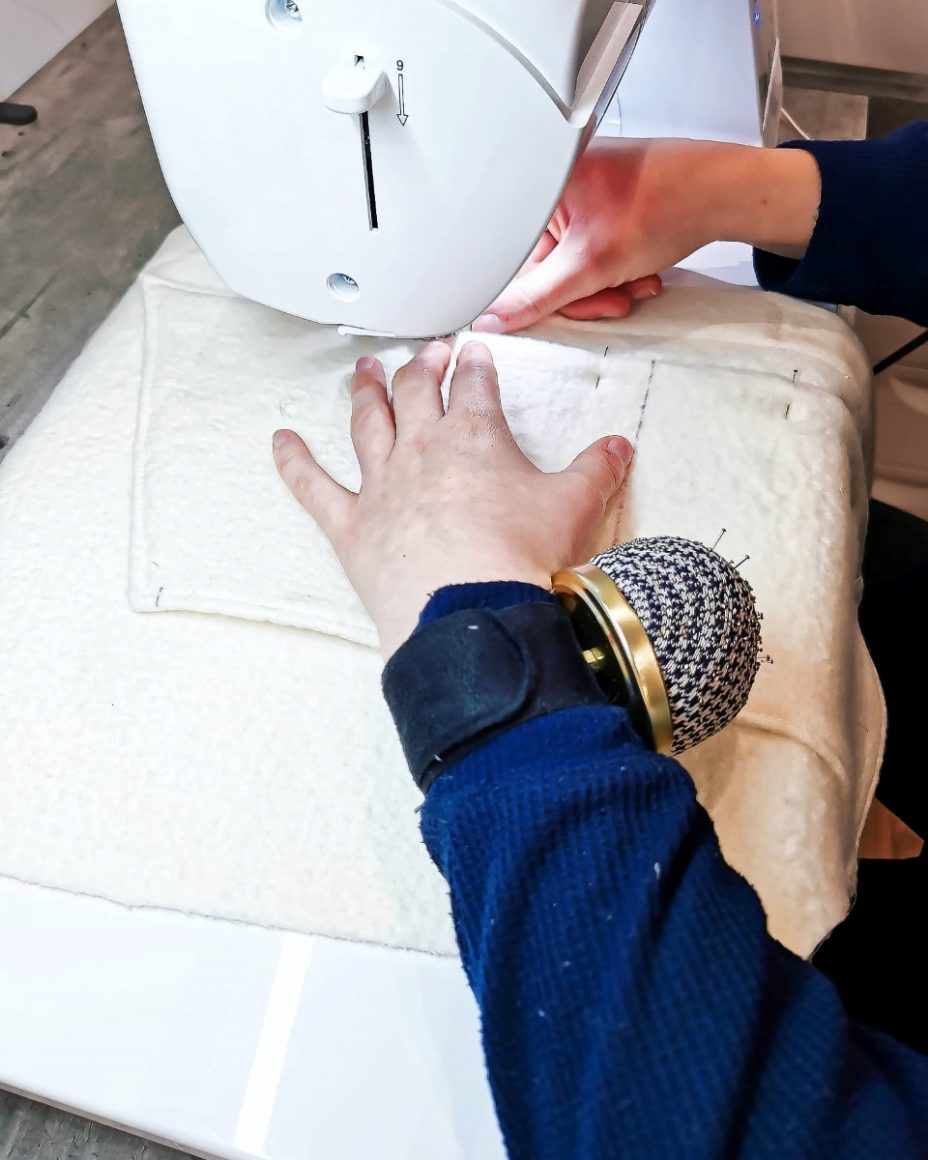
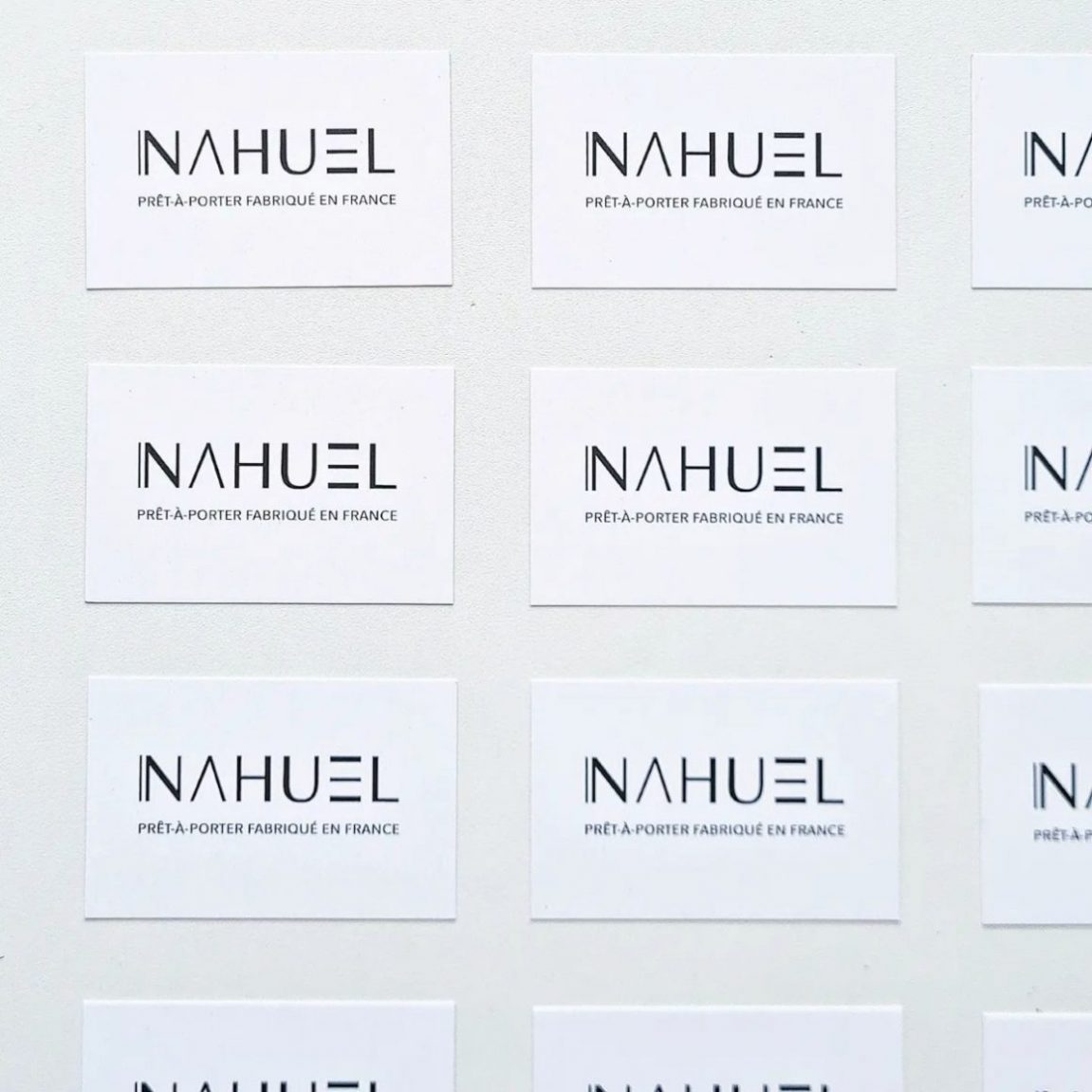
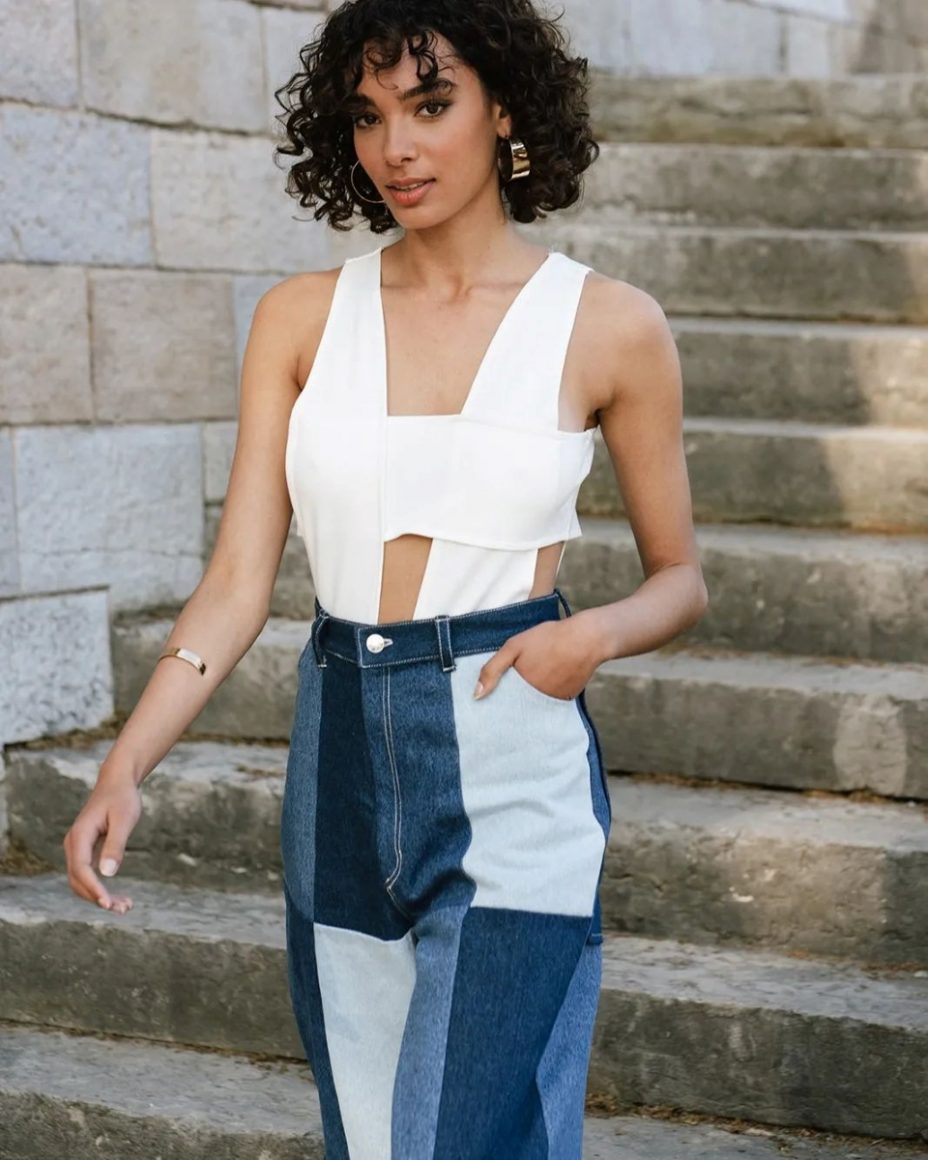
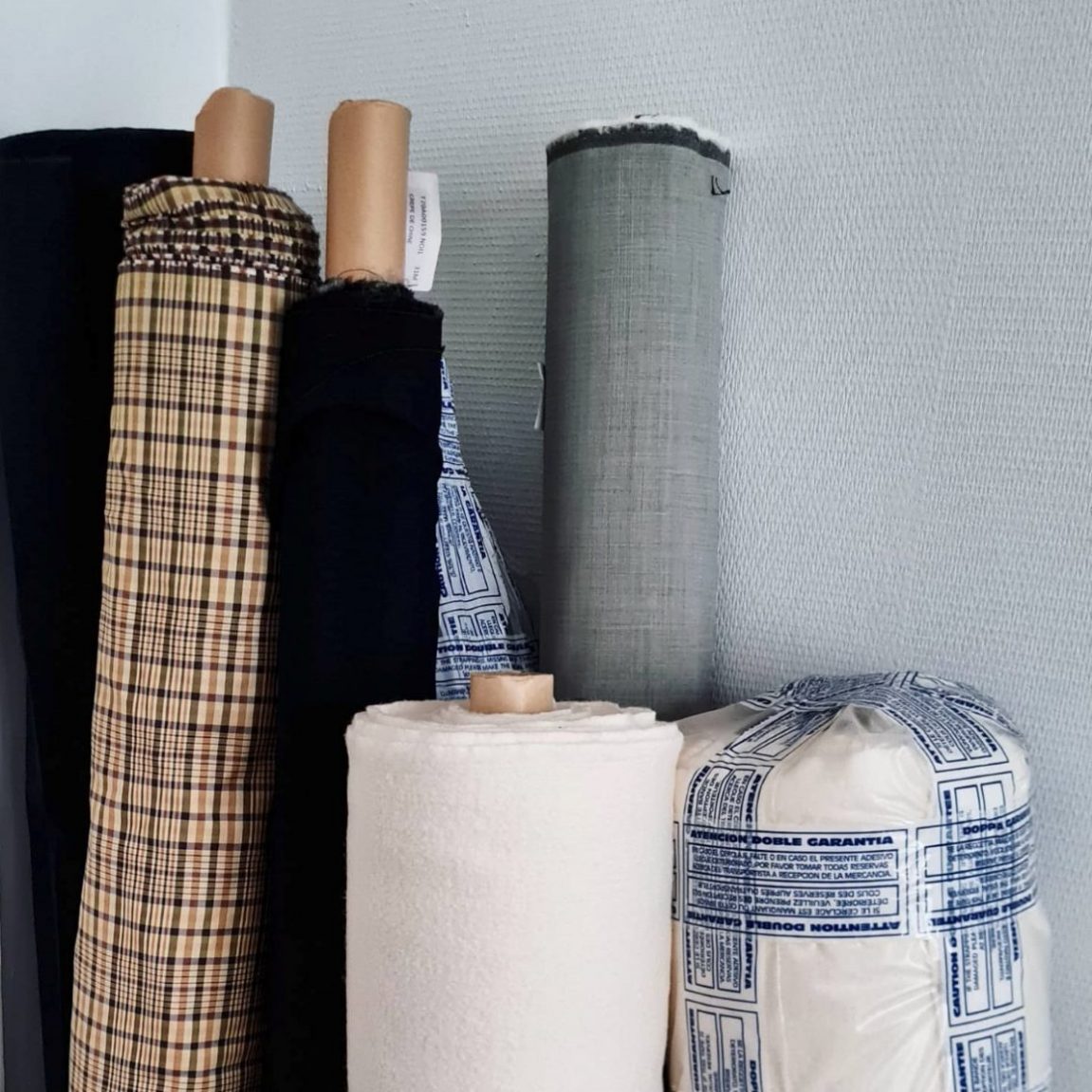

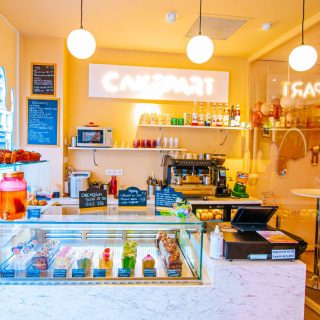
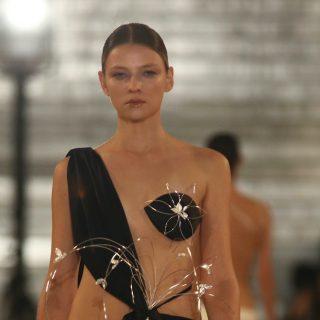




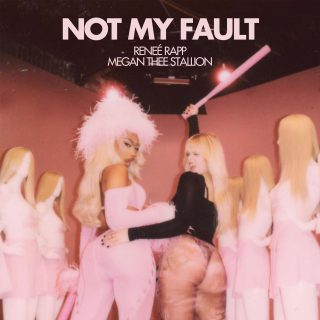


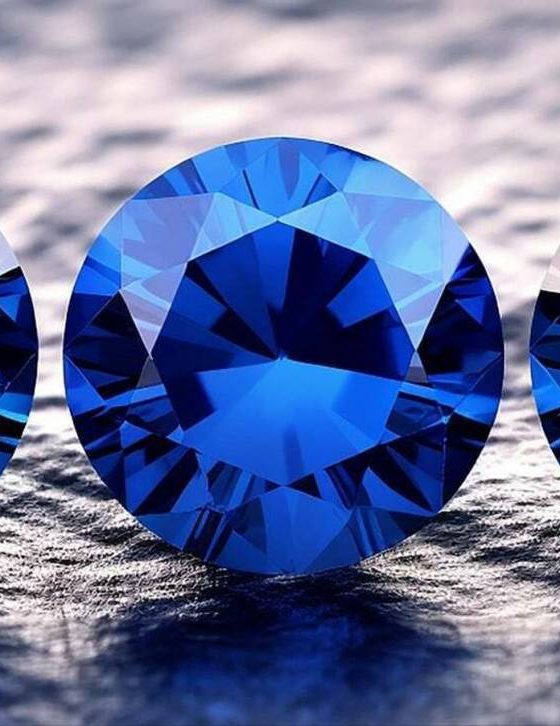
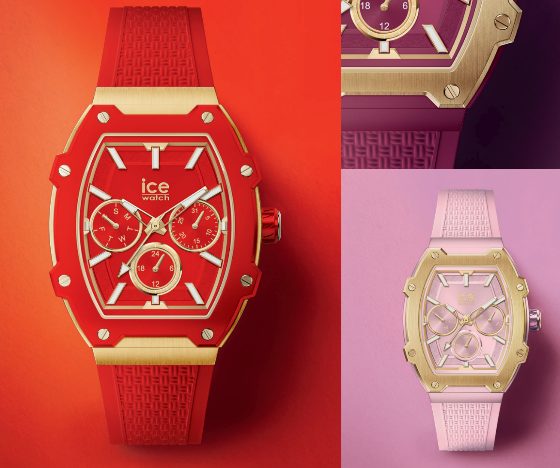
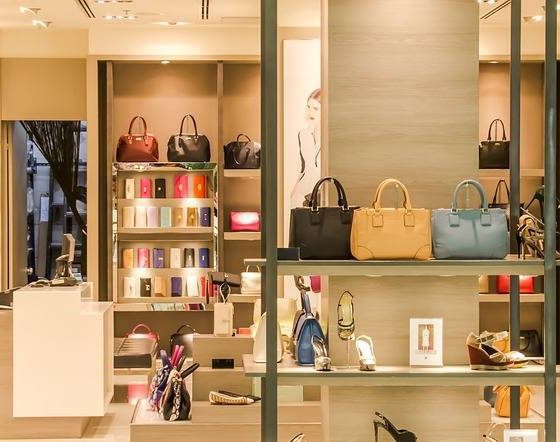
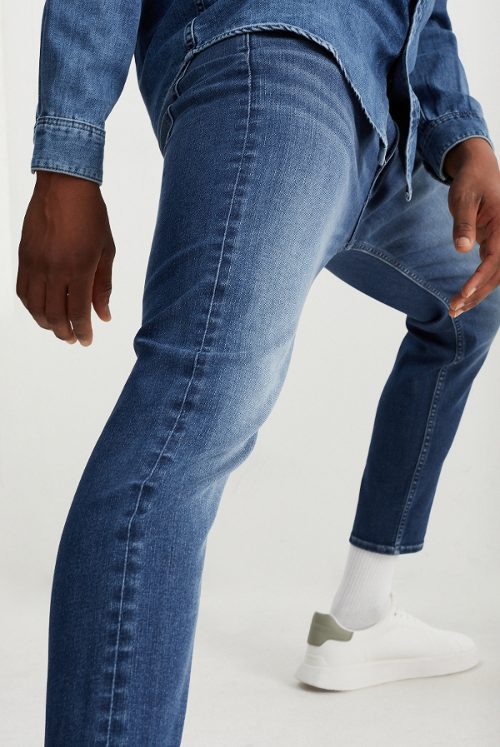
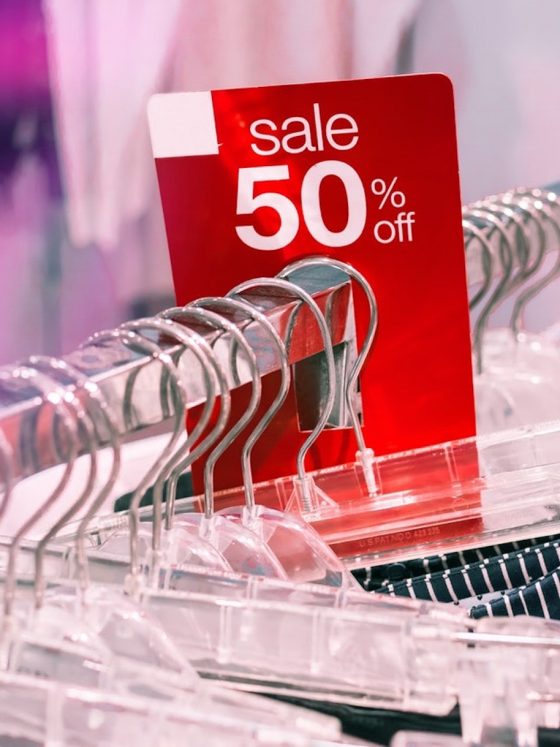

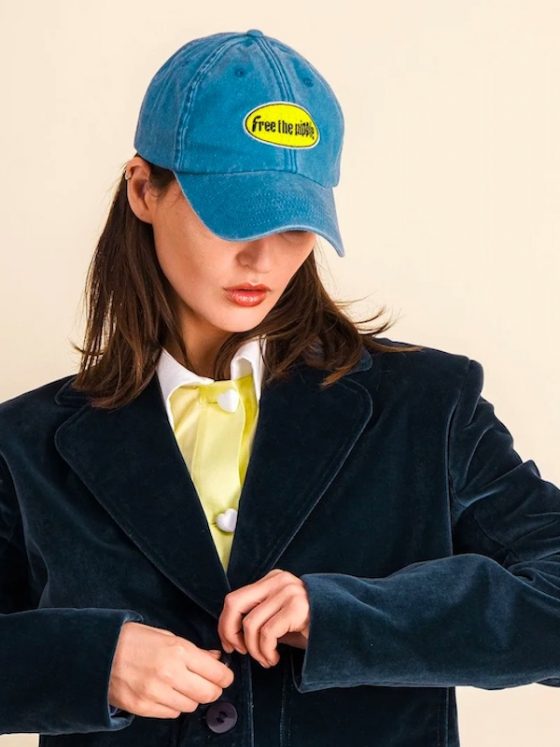
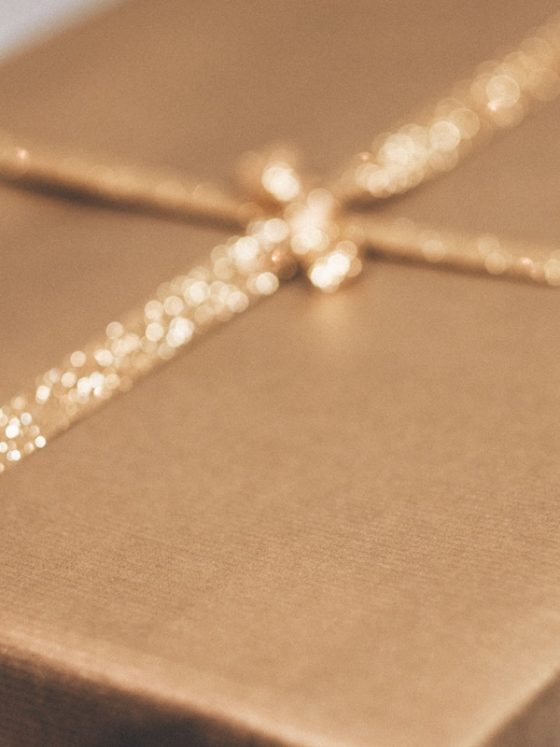
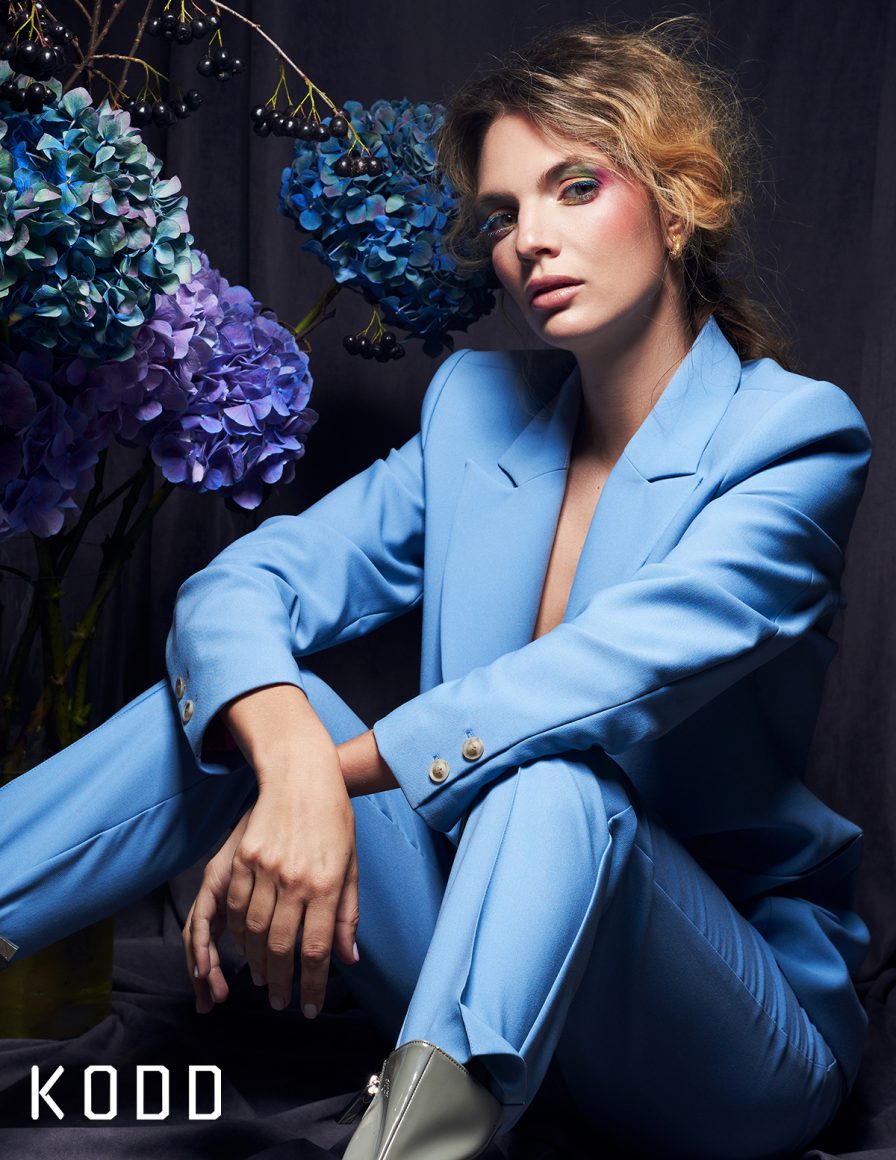

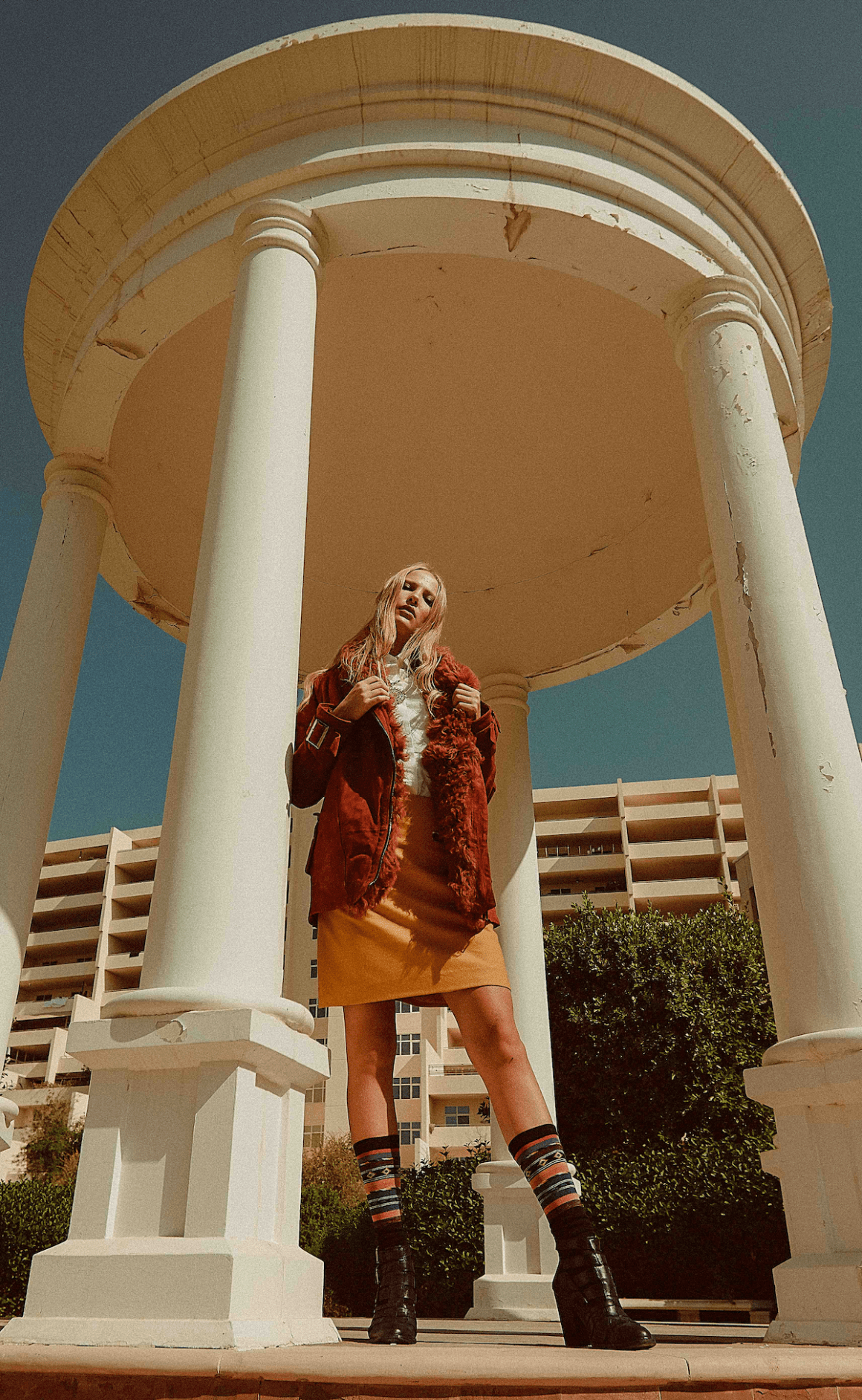
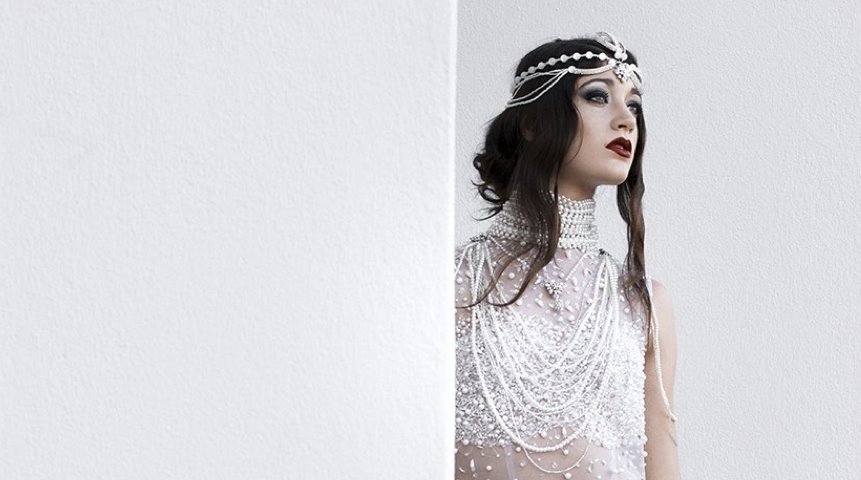
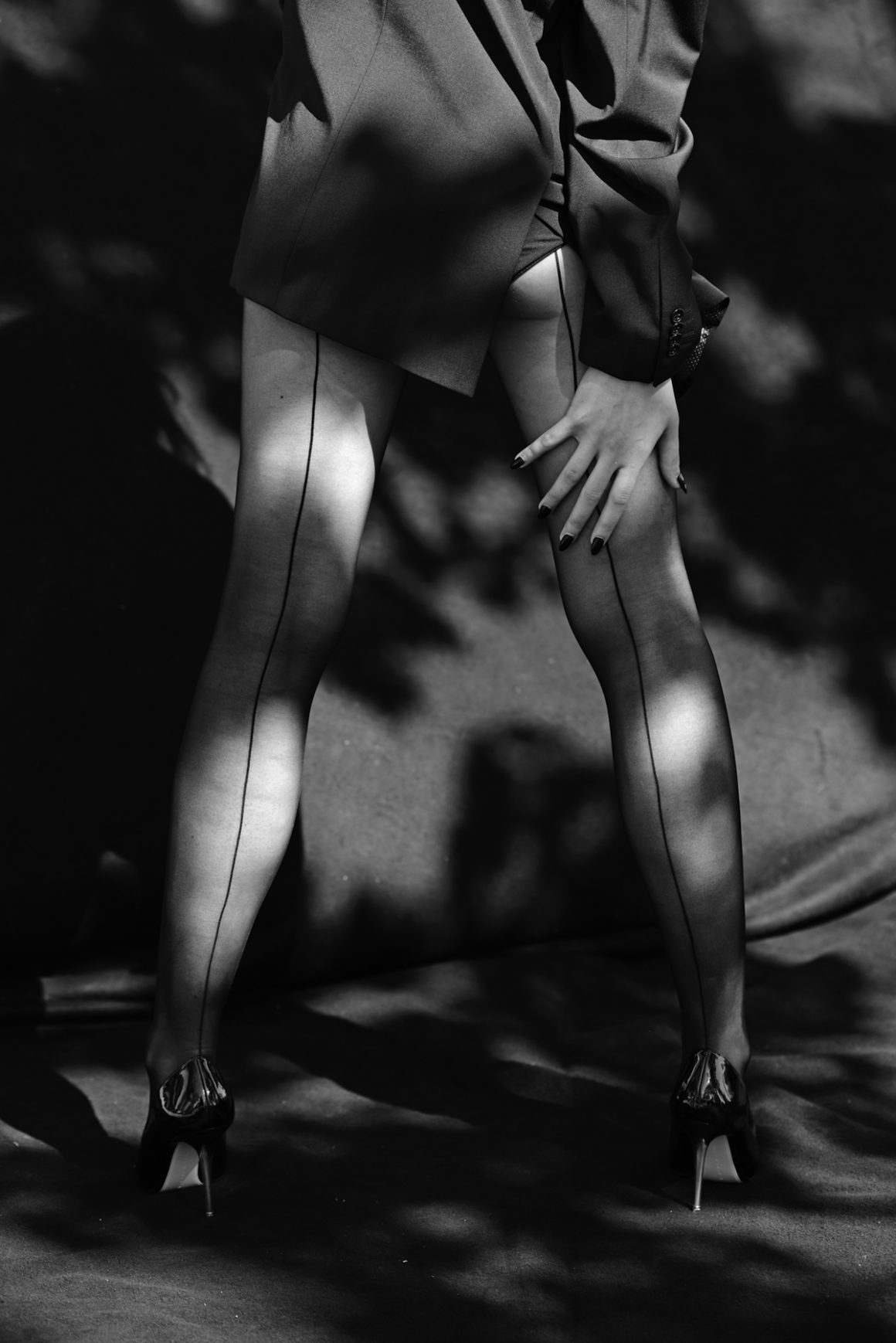
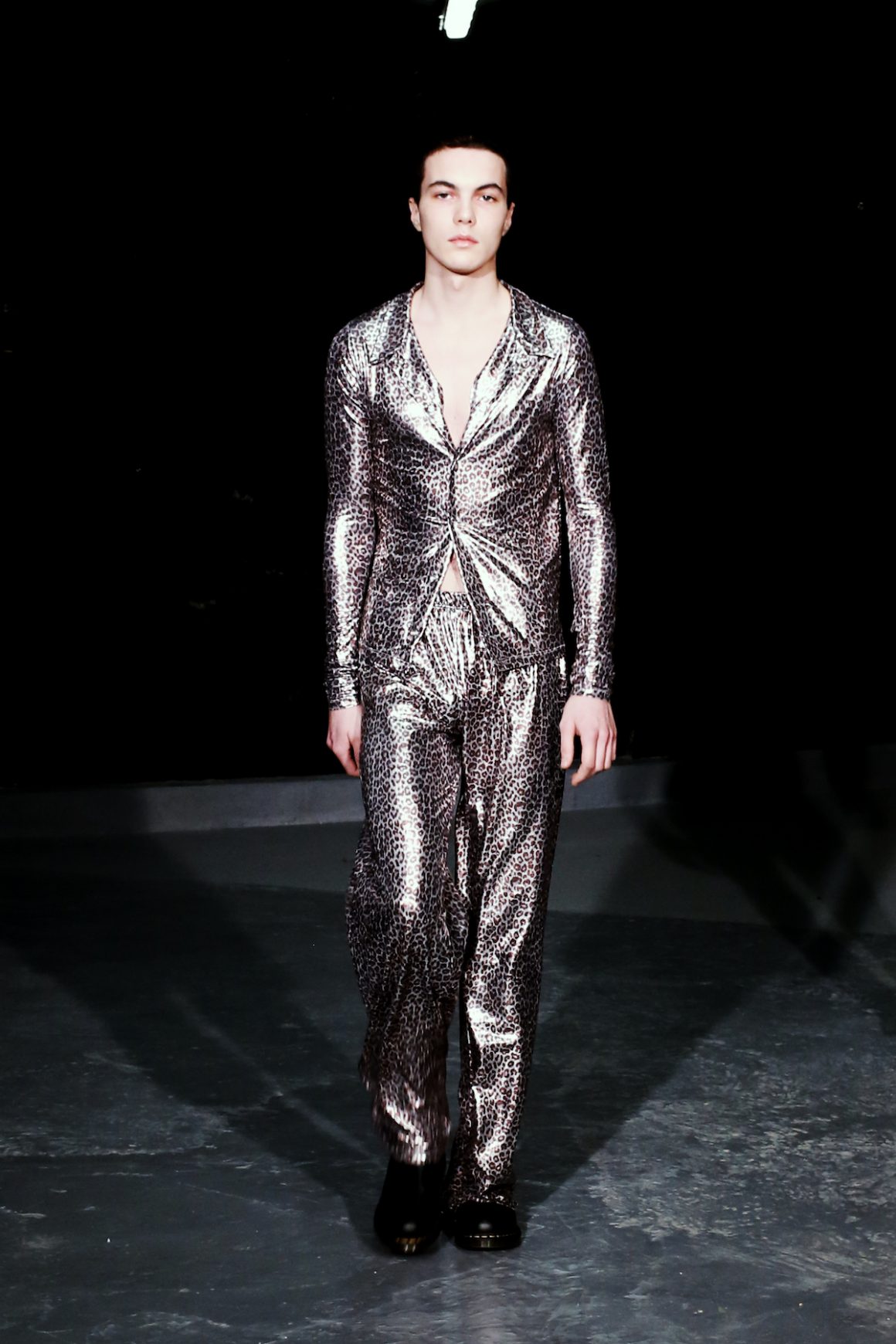
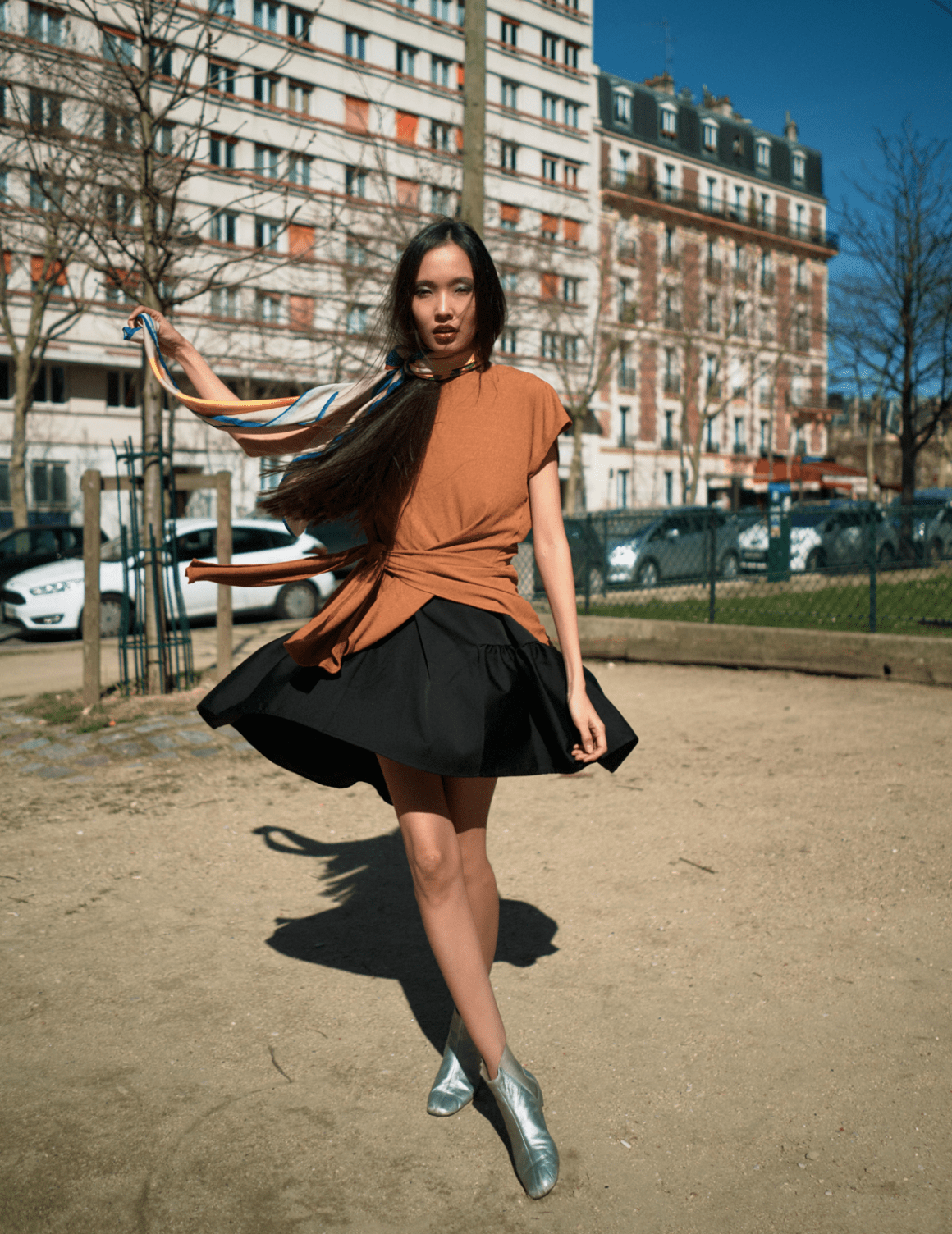
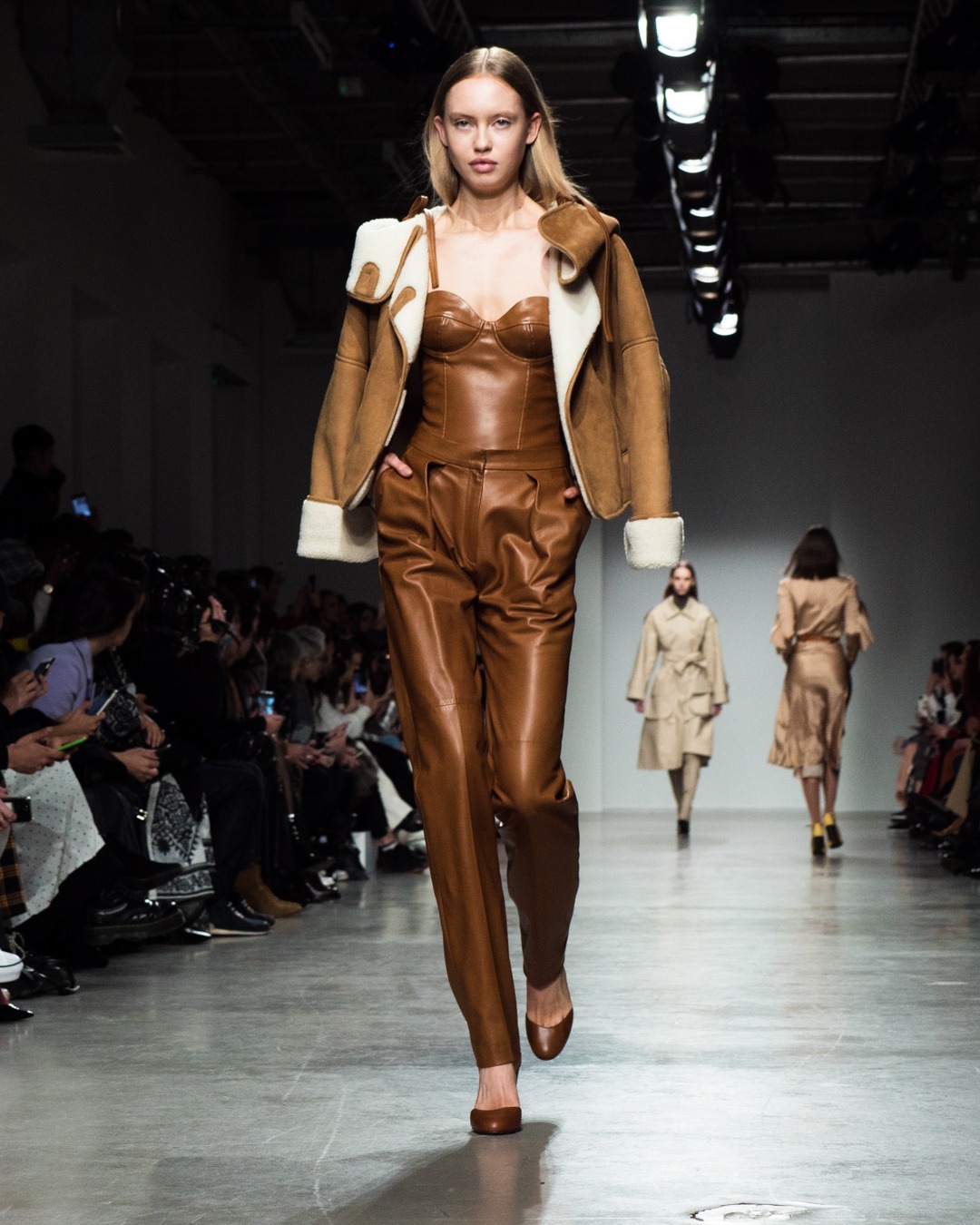

Follow us on Instagram